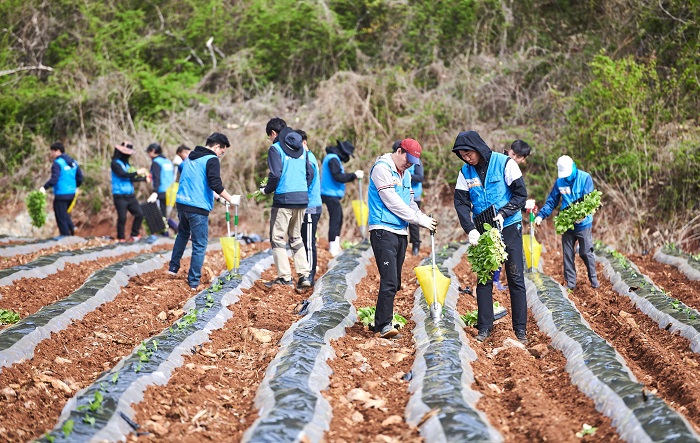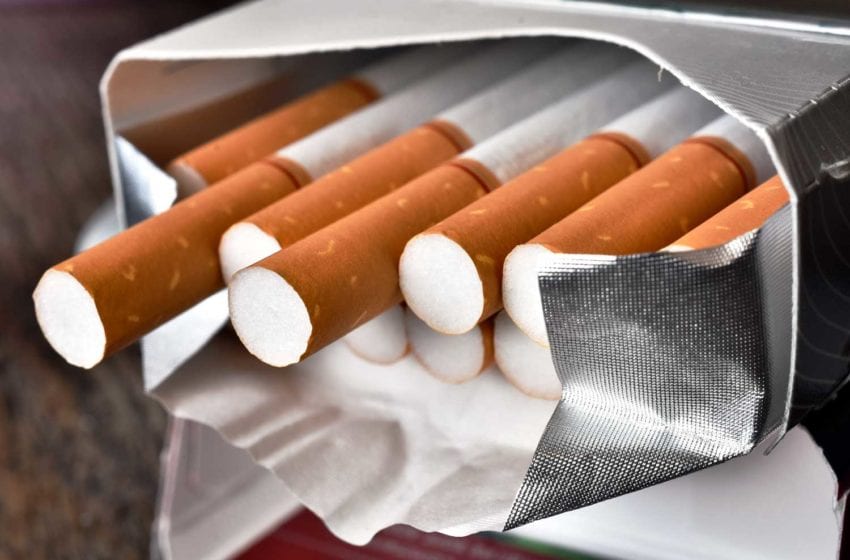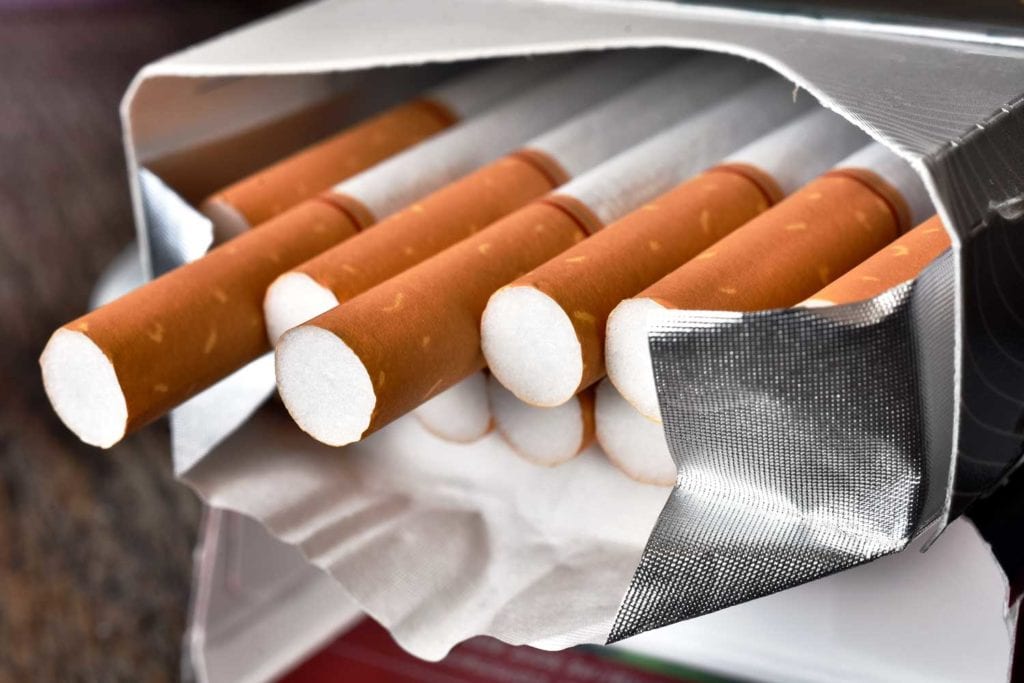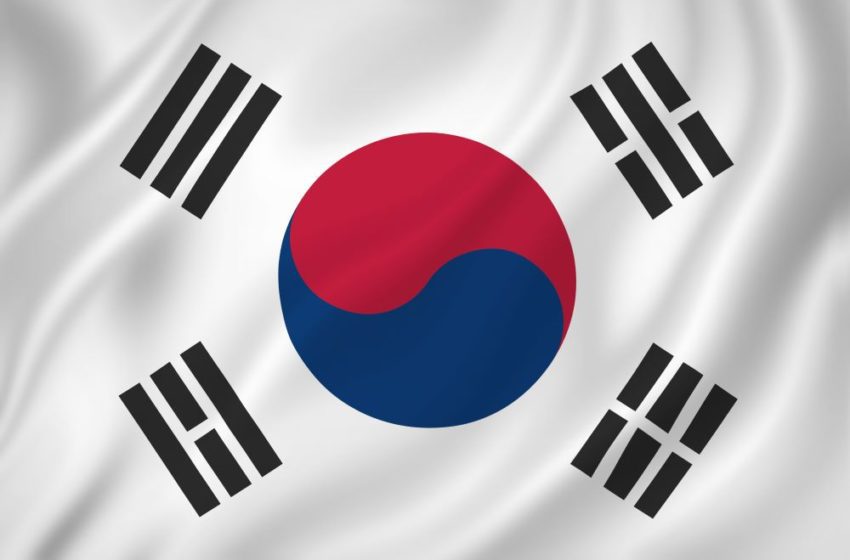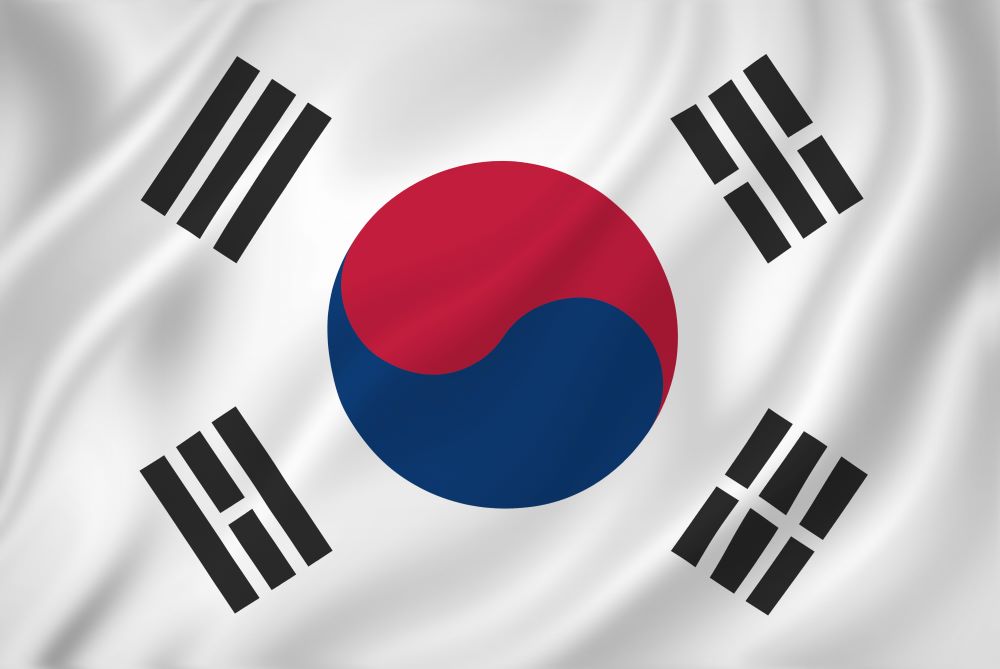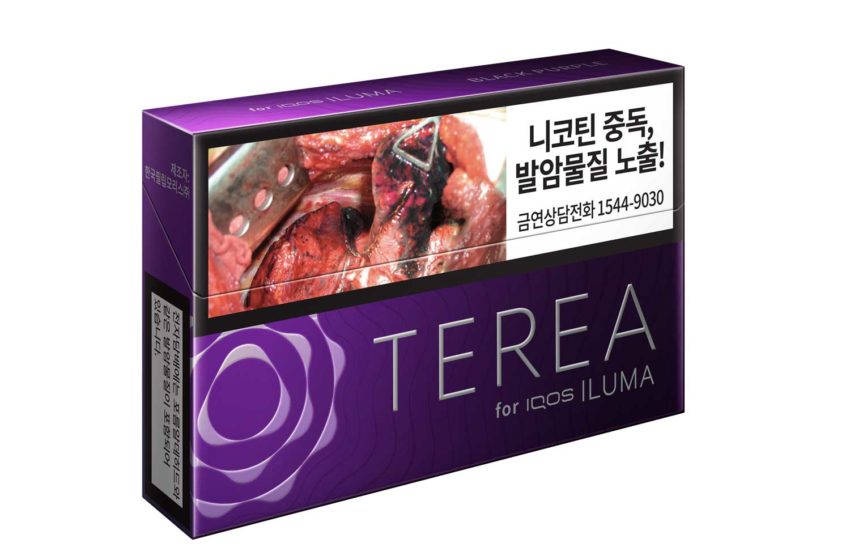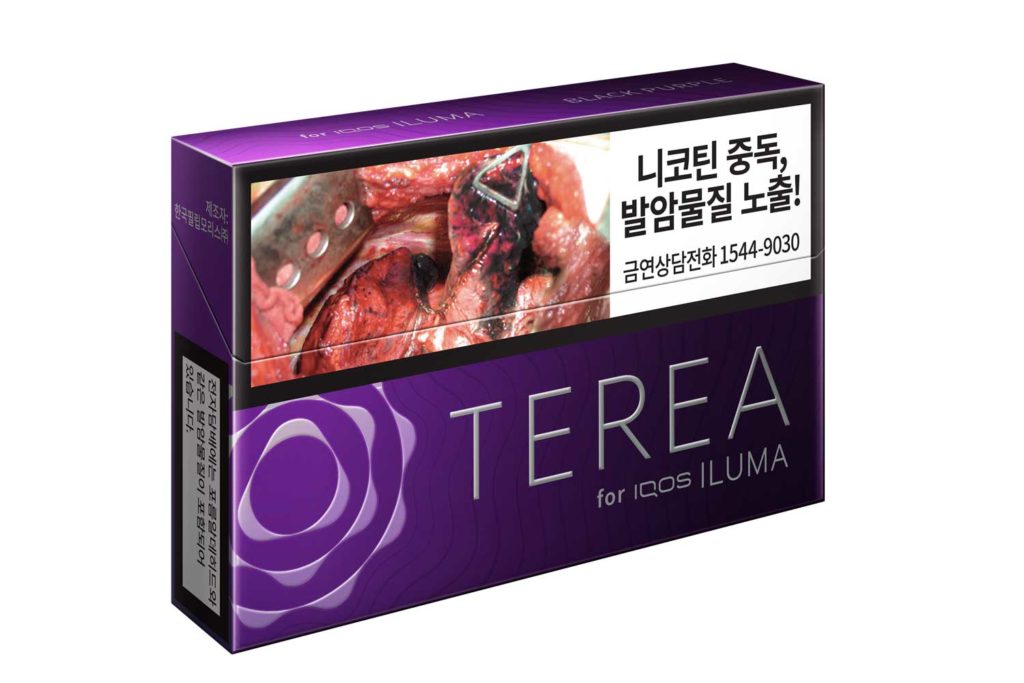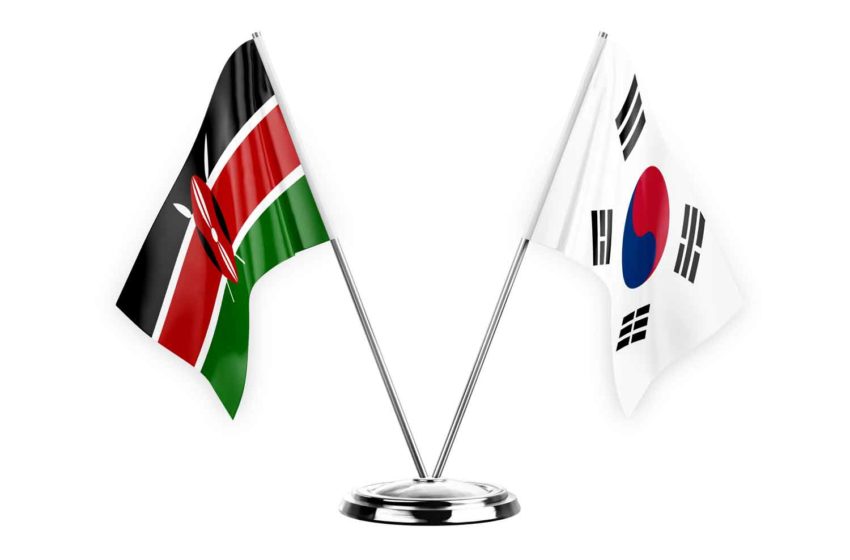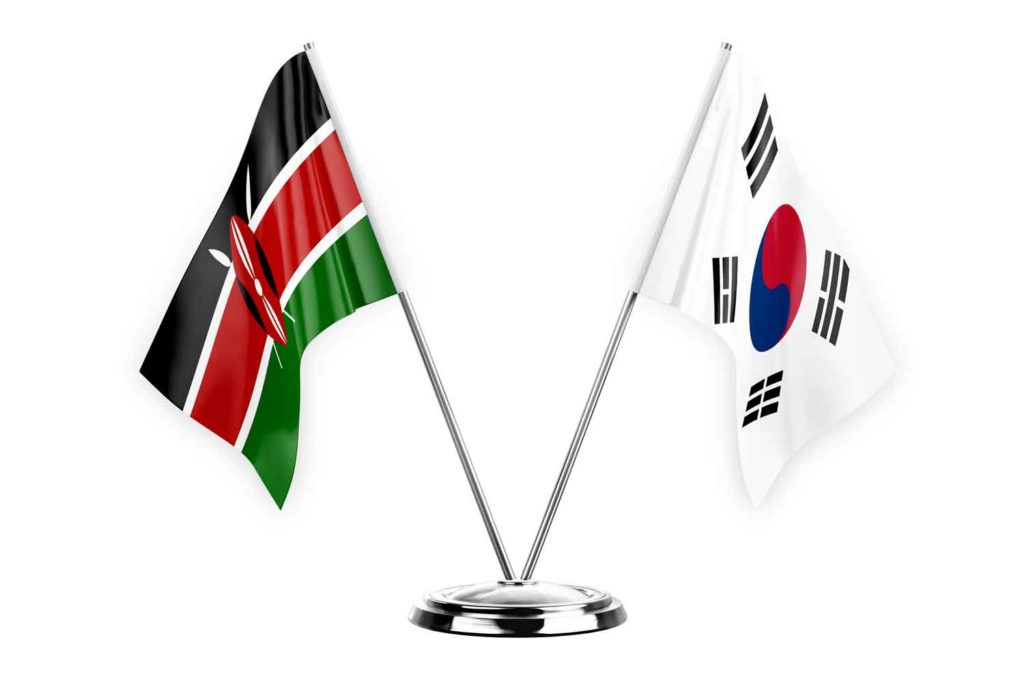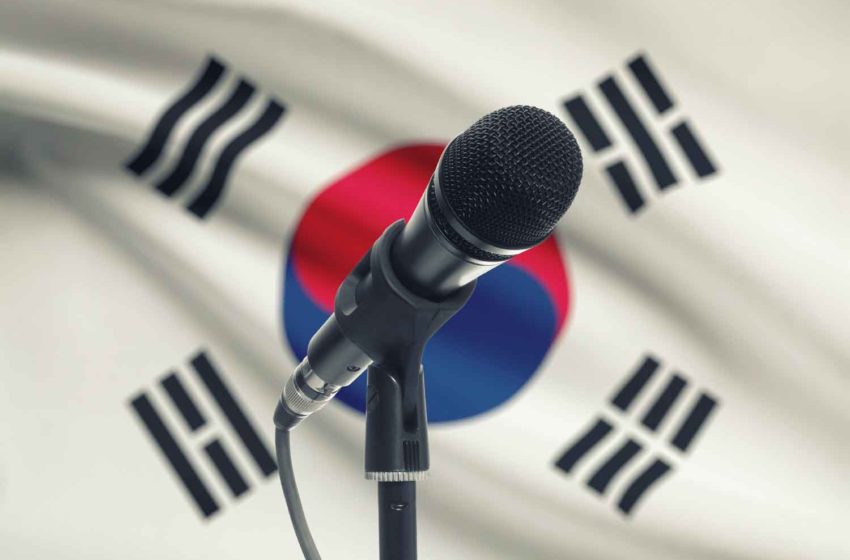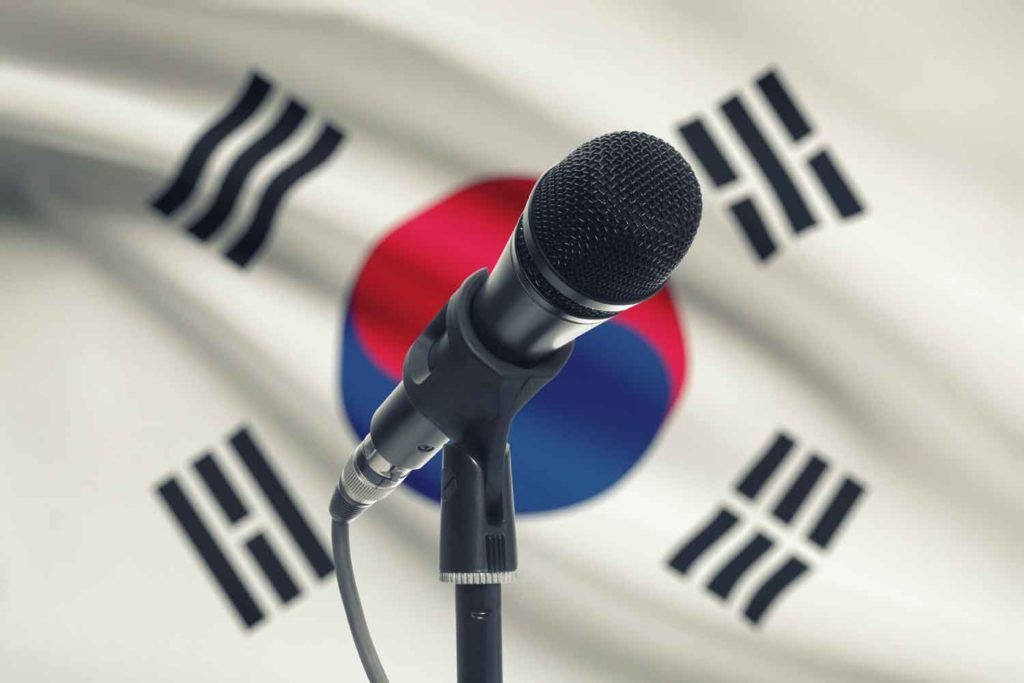
Philip Morris Korea (PMK) has appointed Hannah Yun as its new managing director. Yun will take the helm at the Seoul office on May 1, reports The Korea Times.
“With its cutting-edge technology and dynamic market environment, Korea is one of the most important countries leading Philip Morris’ transformation to a ‘smoke-free future,’” said Yun, who is currently the managing director of Philip Morris Australia. “I will further strengthen the competitiveness of Philip Morris Korea by implementing consumer-centric strategies and services based on my international experience.”
Yun joined PMK in 1997, where she took charge of corporate affairs, business strategy and budget management. From 2003 to 2007, she worked for Philip Morris International in Malaysia, Switzerland and Hong Kong, supporting the development of business growth strategies and operational plans for each market.
She led PMI’s financial analysis and support division in Switzerland from 2008 to 2013, where she was responsible for managing the communication of consolidated PMI financial information.
In 2019, Yun was entrusted with overseeing Philip Morris Australia’s financial and commercial strategies. Two years later, she was appointed as managing director of that affiliate, leading the business in Australia, New Zealand and the Pacific Islands.
PMK’s current managing director, Paik Young-jay, will move on to new opportunities, the firm said. Paik assumed the position amid the Covid-19 pandemic and is credited with establishing a corporate culture of agility and collaboration.


